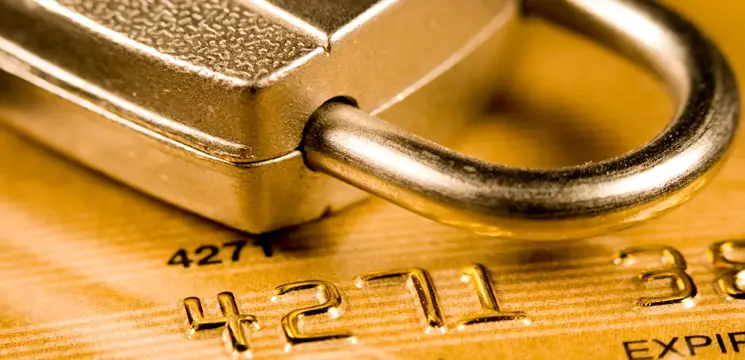As you many already know, credit card frauds are on the rise. In a world where sellers send products to the doorsteps of the customers without seeing their faces, AVS credit card processing is essential to prevent frauds. To achieve this, merchants are looking for better methods to verify and authenticate their customers. Address Verification System or AVS is a simple yet effective tool for approving the payments made via credit cards more securely. While processing credit cards, it acts as an additional security measure for verifying customer accounts. This post provides information on how AVS credit card systems help secure merchants and the benefits it offers.
What Is Address Verification System Or AVS?
Address Verification System or AVS is used for reducing the chances of fraudulent business transactions. When customers attempt to buy products, using credit cards, AVS requires a billing address from them. This address is verified before giving authorization to complete the transaction. AVS protects the e-commerce owners from fraud users who might be buying products with a stolen credit card.
Moreover, merchants can require the zip code or full billing address of the card holders to strengthen the authorization request. Most often, AVS credit card is more useful in case of card-not-present transactions. Online selling or eCommerce is an example of card-not-present transaction where the merchant cannot check the signature or use other identification methods that are made available with POS system software. In these cases, verifying the customer’s billing address is one of the best viable methods to prevent fraud.
How Does AVS work?
Although AVS was created by Visa, the other major card companies, MasterCard, American Express and Discover Cards also provide the security protection. Of course, it is possible to make AVS requests through your existing credit card authorization process. When a buyer places an order and proceeds to check out, the general order information including price, account number and card expiry date are checked first. After the preliminary order information checking is done, the billing address and zip code of the customer are requested. The AVS request and the order information are processed simultaneously. The billing address, provided by the customer is matched with the billing address of the credit card. If the two do not match, the transaction is declined immediately.
In the beginning of AVS credit card system, the merchants were allowed to process cards despite an AVS mismatch. The processing charges in such cases are higher than normal. Some AVS systems still allow the merchants to conduct this in exchange of steeper processing fees. But, merchants should not opt for it. If your products are purchased by using stolen credit card, then you will lose the goods in a dispute. On top of that, you will have to chargeback to the stolen card, as the merchandise was not purchased by the card owner.
Benefits Of Address Verification System Or AVS
Credit card theft is considered to be a form of identity theft. In most cases, the person who steals the credit card does not know the billing address or zip code of the owner. Therefore, AVS credit card processing determines if the credit card is being used by its rightful owner or not. Without AVS, the real owner of the credit card can dispute the charges deducted. If that happens, then the merchant has to pay hefty sums as chargebacks. By preventing fraudulent purchases, AVS helps mitigate the risk of financial losses. Overall, AVS credit card processing prevents the fraudulent use of credit cards, regardless of whether it is used for industrial buying or ecommerce.
Reduced Operational Costs
Address verification systems help to reduce operation costs for business owners. It takes time and money to capture, verify and store customer addresses. Having an AVS system allows you to avoid those costs. Three are also capital losses from fraudulent activity or address errors that these systems help avoid. Instead, you can use an AVS solution to help you reduce operational costs and avoid these issues from draining your business budget.
Types Of AVS Codes
Depending on what institution a customer receives their credit from, there are various AVS codes used to verify the credit cards. There are particular codes used for American Express cards, domestic Visa codes and International Visa codes and CyberSource codes, as well. This is important to remember. In order to properly use AVS as a merchant, you are going to want to have detailed knowledge of every single code in order to protect your business from fraudulent charges. Keep this in mind, and do some studying on the various AVS codes you are going to encounter before you incorporate an AVS tool into your mobile POS.
Certainly, AVS creates a win-win situation for both the merchants and the customers. It protects the credit card information of customers and saves the merchants from losing money on chargebacks. With a AVS credit card verification in place, any business can accept online payments with increased security.
Image from http://www.moneysupermarket.com/credit-cards/guide-to-credit-card-security/
 Business First Family Business, Accounting, Finance, Investing, Marketing And Management
Business First Family Business, Accounting, Finance, Investing, Marketing And Management
